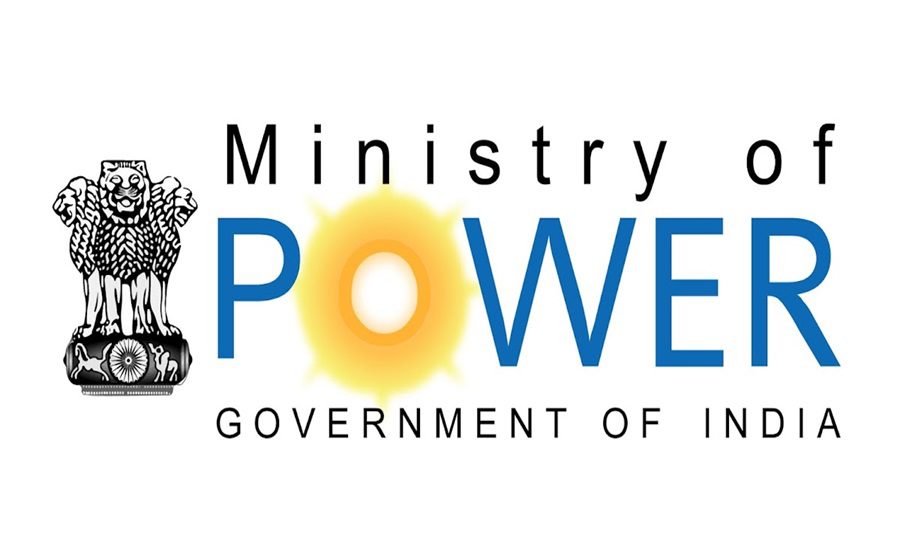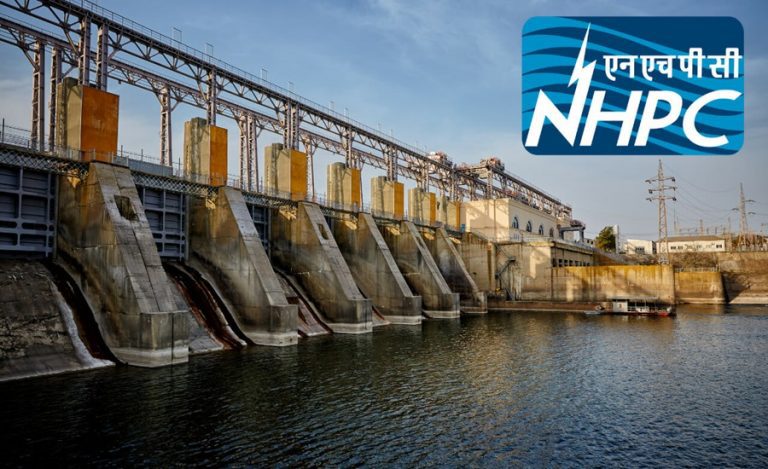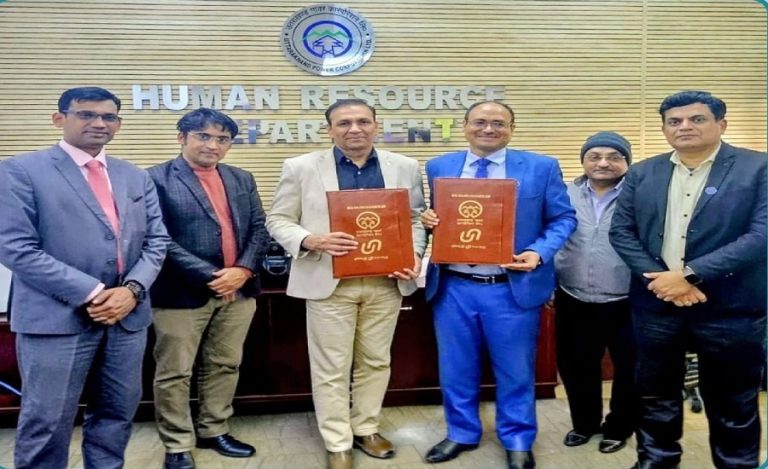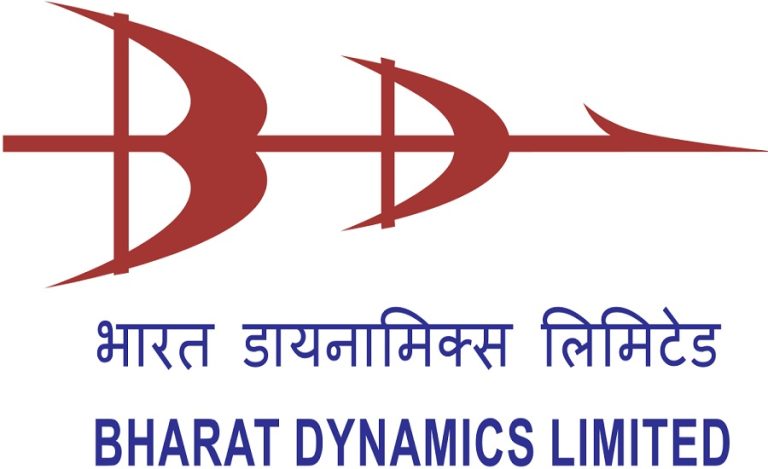Power Ministry directs gas-based plants to operate during peak summer; GRID India to coordinate dispatch, tariff mechanism revised
New Delhi: Amid soaring temperatures and an unprecedented surge in electricity demand across India, the Central government has invoked Section 11 of the Electricity Act, 2003 to mandate the operation of gas-based power plants during the high-demand months of May and June 2025. The move, announced via a Ministry of Power notification dated May 16, is aimed at ensuring uninterrupted power supply and grid stability as the nation grapples with peak summer loads.
India’s power demand, driven by rapid economic growth and prolonged heatwaves, is expected to touch 277 GW during non-solar hours this summer. For comparison, last year’s peak demand touched 250 GW in May 2024.
All Unutilised Gas-Based Capacity to Be Mobilised
The Power Ministry had earlier issued a similar directive in April 2024, and now, citing the prevailing demand-supply mismatch and predictions of above-normal temperatures by the Indian Meteorological Department, the ministry has extended the mandate.
As per the latest directive, all Gas-Based Generating Stations (GBSs) have been asked to maximise output during the high-demand period. These plants, some of which remain underutilised due to cost considerations, will now play a critical role in bolstering supply.
GRID India to Coordinate and Notify Gencos
The GRID-INDIA, under the Ministry of Power, has been tasked with advance planning. It will:
Notify gas-based stations of expected high-demand days at least 14 days in advance.
Schedule these plants on a D-1 basis (one day prior), guaranteeing dispatch at a minimum of 50% capacity round the clock during designated periods.
Power Supply and Tariff Mechanism
Power from gas-based stations will first be offered to existing PPA holders. If some PPA holders do not schedule their share, other discoms will be offered the power. Unsold power will then be made available on power exchanges or dispatched directly by GRID India for grid support.
To address cost recovery, a tariff committee chaired by the Central Electricity Authority (CEA) will determine the Energy Charge Rate (ECR), accounting for all prudent costs such as gas price, transportation, re-gasification, duties, and taxes. Benchmark tariffs will be revised every 15 days.
Surplus capacity offered to the market or used for grid support cannot be priced above 120% of ECR plus transmission charges, the ministry clarified.
Fixed Cost Coverage and Compensation
In case of market sale or grid dispatch, any revenue above ECR will first cover the fixed costs of the generator. Any unrecovered fixed costs will remain the liability of PPA holders, ensuring financial stability for the GBSs. When dispatched for grid support, GBSs will be compensated at the offer price.
Background
India currently operates around 25 GW of gas-based power capacity, much of which lies idle due to high fuel costs and lack of long-term gas supply. However, during extreme peak demand periods—particularly in summer—these units are called upon to supplement supply.
With the invocation of Section 11, the government has asserted its authority to regulate power generation in public interest, ensuring that every available resource is tapped to meet growing electricity needs.




























